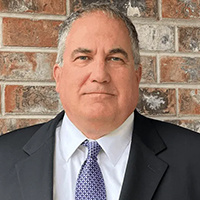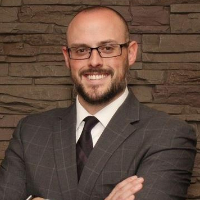Peoa Misdemeanor Lawyer, Utah
Sponsored Law Firm
-
 x
x

Click For More Info:
-
Greg Smith and Associates
7324 Union Park Ave Suite 101 Midvale, UT 84047» view mapCriminal Defense Proudly Serving The State of Utah
We've successfully resolved thousands of criminal defense and other cases, and we can take your call now!
800-925-8751
Dave Clark
✓ VERIFIEDI went to law school just to be a criminal lawyer. I served as a prosecutor for almost 30 years, but defense law was always my true passion. I'm a nat... (more)
Joseph Earl Rupp
✓ VERIFIEDJoseph is a criminal defense attorney and retired U.S. Marine Corps officer. He has been defending the Constitution since 1987. After a 27-year career... (more)
Logan Eric Collins
Logan Collins is a criminal defense attorney in Bountiful, UT. He concentrates his practice on DUI, drug crimes, violent crimes and more. Logan is a m... (more)
J. Bruce Savage
Jarom B. Bangerter
FREE CONSULTATION
CONTACTFREE CONSULTATION
CONTACT Gregory Smith Midvale, UT
Gregory Smith Midvale, UT AboutGreg Smith and Associates
AboutGreg Smith and Associates Practice AreasExpertise
Practice AreasExpertise






